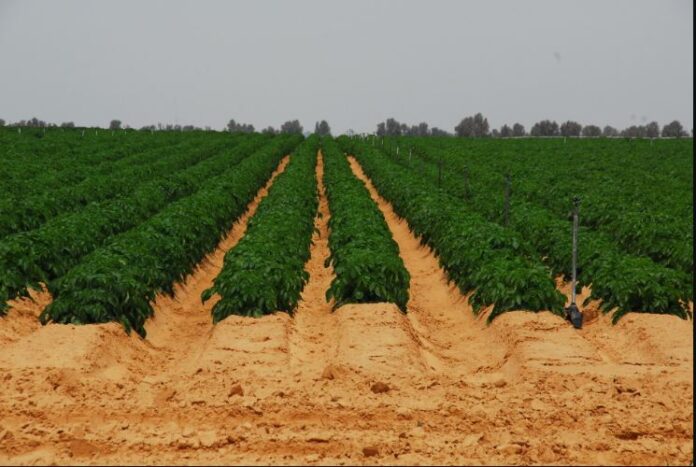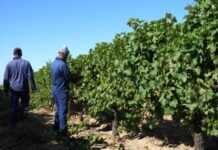Egypt has sought Gabon on new agriculture and food security cooperation. The two nations met through their respective Minister of Agriculture and Land Reclamation; El-Sayed El-Quseir and Charles Mve Ella and discussed the need to boost bilateral cooperation in various agricultural fields.
The two discussed on fish and poultry wealth, developing high-yielding strategic crop seed varieties, such as rice and corn, enhancing agricultural mechanization and boosting investment opportunities, in addition to cooperation in the fields of agricultural research, training and capacity-building of human cadres.
Memorandum of understanding
They agreed to accelerate the drafting of a proposed memorandum of understanding in the field of fisheries. The discussions also covered establishing a joint fish farm allowing the transfer to Gabon of modern agriculture technologies and the formation of a joint agricultural technical committee to implement and follow up on the reached agreements.
Qersh said, “The objectives of such projects [to establish joint farms] include enhancing cooperation in the agricultural field with African countries, as well as transferring Egyptian agricultural expertise and technology to African countries, and conducting joint agricultural research aimed at improving the productivity of various crops. These farms provide promising opportunities for opening new markets for Egyptian agricultural products and for exporting Egyptian crops and fruits to African countries.”
He noted, “The Egyptian farms projects also aim to achieve sustainable development in African countries, build capacities and raise the skills of their available cadres in the field of agriculture. These projects seek to increase the productivity of African strategic crops, transfer Egyptian agricultural technology, expand the use of agricultural mechanization, support marketing systems, implement partnerships with the Egyptian private sector to invest in African countries and achieve added value for agricultural products. These joint farms are divided into two types. “The first is the model farms providing extension services. The areas of these farms range from 150 to 500 hectares [370-1,235 acres]. They aim to apply the extension agriculture model on all activities, whether field crops, horticultural, poultry, livestock, fisheries or agricultural production.”
“The second type is the productive farms, whose areas reach more than 1,000 hectares [2,471 acres] and which depend on agricultural investment activity. These farms are subject to the investment laws in the African countries in which they are located.”








